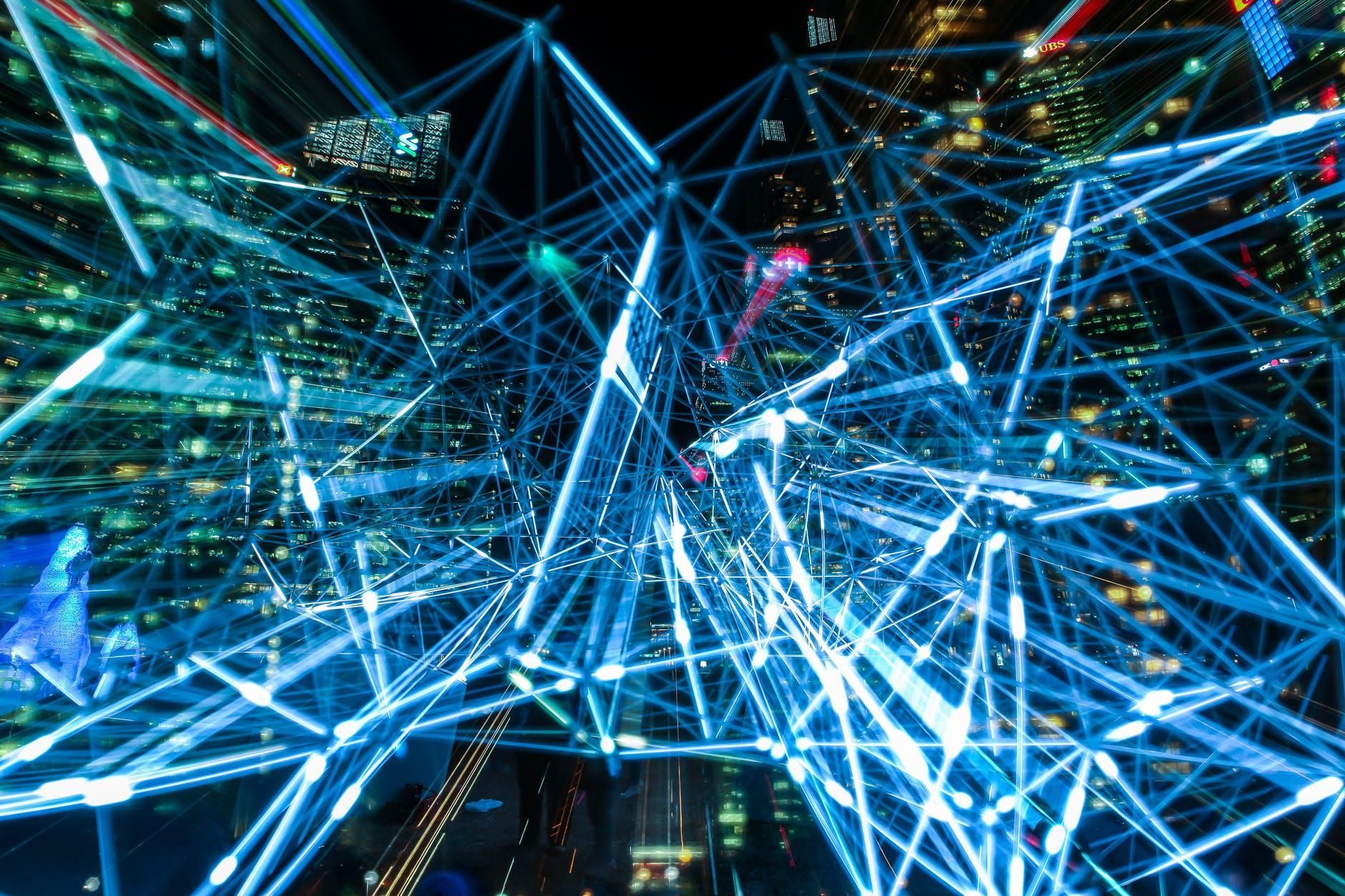Cncintel Reviews - Human Intelligence is a gift from God to humanity, whereas Artificial Intelligence is a creation of humans. Human intelligence is a trait that aids humans in learning, comprehending, and solving issues with great ideas, whereas artificial intelligence is a system that mimics human intellect based on the data it receives. Artificial intelligence (AI) is a term that refers to technology that allows machines to think and work like humans. It supports robots in copying human action based on their behavior, and it is employed in practically every field, including healthcare, cartoons and animation, media, and so on. Whether we recognize it or not, artificial intelligence is all around us, such as when we use Google Maps, autocorrect, smart speakers, face recognition, and so on.
Cncintel Reviews
The computer can self-learn, self-analyze, and self-correct, and it requires very little or no human intervention during processing. Human intelligence refers to a person's academic ability to think, learn from various expressions, absorb complicated ideas, solve numerical problems, adapt to new situations, influence one's surroundings, and communicate with other people as seen in Cncintel reviews. What makes human intellect so astonishing is that it is fueled by abstract emotions like enthusiasm and inspiration, which enable humans to complete difficult psychological tasks.
Role of Human Intelligence
Within the intelligence and national security domains, human intelligence plays an important, if not essential, role. The human factor remains a major force, whether it is against classic nation-state adversaries or newer and more pronounced threats, such as terrorist networks, or the more esoteric, such as cybersecurity. This course will examine the fundamentals of espionage, such as the intellectual framework in which it operates and the recruitment cycle that guides agent acquisition and handling as per Cncintel Reviews. Starting with the fundamentals of espionage, this course will cover everything from traditional tradecraft methodology to the motivations that drive people to commit espionage. It will also cover the more controversial aspects of espionage, such as "enhanced interrogations" and the ongoing debate over civil liberties vs. security. This course will also provide students with an inside look at the world of the field operator and their targets from both sides of the espionage divide.
Role of Artificial Intelligence
Numerical cycles affect increasing calculating capability to deliver faster and more exact models and estimates of operational systems, or improved depictions and blends of large data sets, which are the foundations of artificial intelligence improvements. Nonetheless, while these ground-breaking inventions can do specific tasks with greater efficiency and precision, human skill plays a critical role in designing and implementing AI innovation. Human intelligence is what shapes the growth and appropriation of man-made awareness, as well as the creative arrangements that go with it. Through simple reasoning, human intellect seeks to answer the question "why" and considers "imagine a scenario where. Because complicated issues and the nature of information continue to put engineering design to the test, human oversight, competence, and quality assurance are essential when using AI-generated results.
Can Machines Replace Human
Recent AI successes have come a long way in mimicking human intelligence, yet computers are still much beyond what human brains are capable of. What distinguishes humans is our ability to apply gained knowledge with a sense of logic, reasoning, understanding, learning, and experience. Power comes with knowledge, and with power comes a tremendous deal of responsibility. Machines may be able to mimic human behavior to some level, but when it comes to making rational decisions as we do, their understanding may fall apart. Machines powered by AI make decisions based on events and their connections to them, but they lack "common sense." In terms of knowing "cause" and "effect," AI systems are illiterate. Real-world problems, on the other hand, necessitate a holistic human approach. Although AI has made our jobs easier in a variety of ways and continues to improve. However, there have been several major AI failures that have raised concerns about AI's role in our lives.






















 sunrise
StableDiffusion
sunrise
StableDiffusion
 bonfire friends
StableDiffusion
bonfire friends
StableDiffusion
 sadness
StableDiffusion
sadness
StableDiffusion

 purple skies
StableDiffusion
purple skies
StableDiffusion





